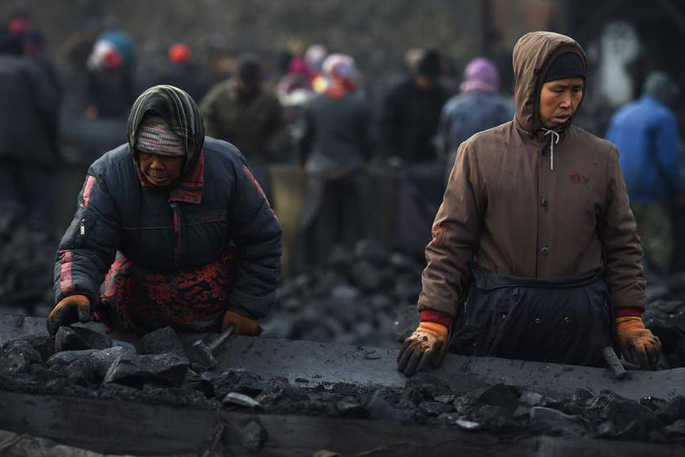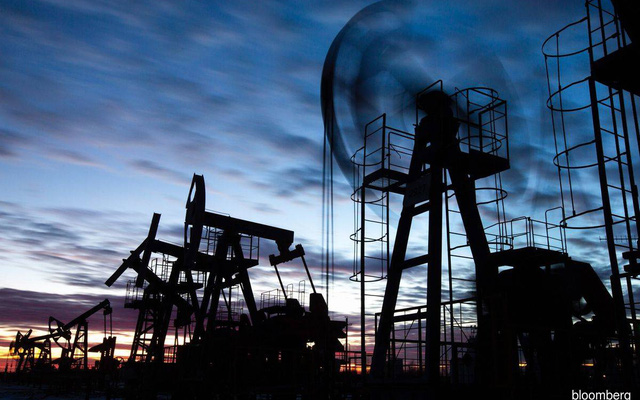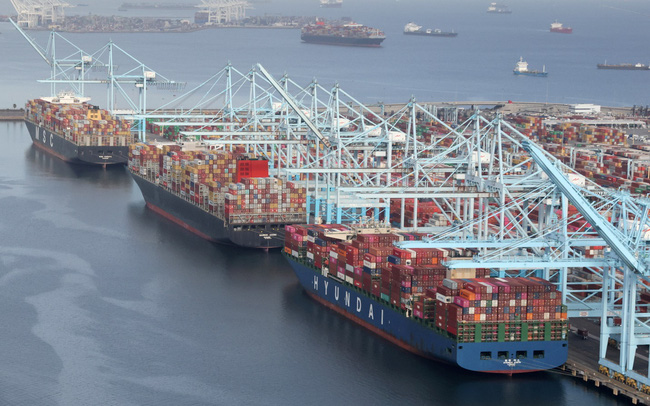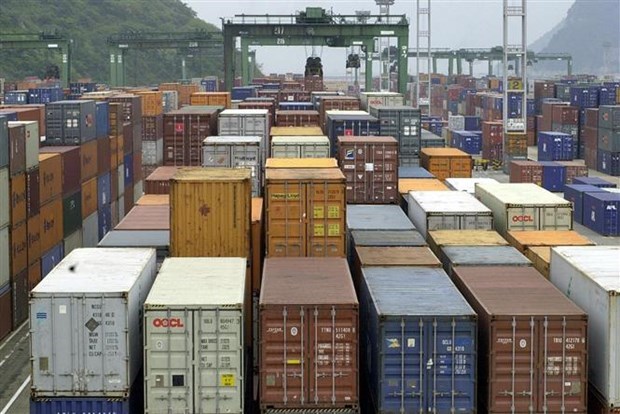Protests in Kazakhstan stem from the skyrocketing price of liquefied petroleum gas. This is a warning bell to governments about the potential consequences if they cannot control the momentum of energy prices.
Since early last week, violent protests suddenly broke out when the Kazakh government lifted the ceiling on the price of liquefied petroleum gas (LPG), which is the fuel used by most cars in the Central Asian country. According to Russia’s TASS news agency, the move has nearly doubled the price of LPG.
Over the years, leaders in several countries have won public support by introducing energy subsidies. However, rising energy costs have made these policies short-lived. Still, politicians need to consider the potential reaction of their people before making any changes.
The unrest and death that is rocking Kazakhstan is a warning to leaders around the world of the possible consequences if they fail to protect their people from skyrocketing energy prices, Nikkei receiving determined.

A car is burned in front of Almaty town hall by protesters against high gas prices in Kazakhstan. (Photo: AP)
Valuable lessons
Kazakhstan is a large oil producing country with reserves of about 30 billion barrels – ranked 12th in the world, according to data of Worldometer. But according to the press, oil companies there such as ExxonMobil and Chevron (both based in the US) often prefer to export to get higher prices, leaving Kazakhstan short of oil supplies.
Not only Kazakhstan, the leaders of other countries are also threatened by the increase in fuel prices, including China, which is struggling with coal shortages.
On January 6, China’s National Development and Reform Commission (NDRC) issued instructions from its Chairman He Lifeng, which asked industries to “focus on ensuring energy security”. quantity.”
The move follows an announcement by the NDRC late last year. At that time, the Beijing government’s economic planning agency urged domestic enterprises to stabilize coal supplies. On January 1, coal industry associations urged all members to implement that directive.
However, coal-fired power plants are struggling with dismal finances as China tries to mitigate the impact of power shortages on people’s lives. Electricity prices therefore do not fully reflect the additional increase in coal prices.
In the third quarter of 2021, 60% of the 43 listed thermal power companies reported losses, according to analysis by a brokerage firm published in Chinese media. As a result, the government has allowed power companies struggling with cash flow to extend tax payments in the fourth quarter, along with other financial support.
In Saudi Arabia, the government decided to impose a ceiling on gasoline prices at 2.18 riyals (equivalent to 58 US cents) per liter in July. Middle East oil producers – which are pushing through reforms to reduce The economy’s dependence on oil has forced a number of new policies to be introduced to minimize the transition’s impact on people’s lives.
In addition, in 2019, Iran announced it would triple the price of gasoline, causing massive protests across the country. Since then, Tehran officials no longer dare to “touch” this sensitive topic.
Even democratic European countries have become wary of energy prices. In France, “yellow vest” protests against rising gasoline prices have weakened support for President Emmanuel Macron, who is planning to run for re-election this year.
Last month, France subsidized 100 euros ($113) to 5.8 million low-income households to cope with soaring energy prices. That same month, Spain said it would extend its energy tax relief.
T&G International Joint Stock Company
Address: 352 Hue Street, Le Dai Hanh Ward, Hai Ba Trung District, Hanoi
Hotline: 0345786803
Email: hrm@tginterjsc.com
Website: http://tginternationaljsc.com




















